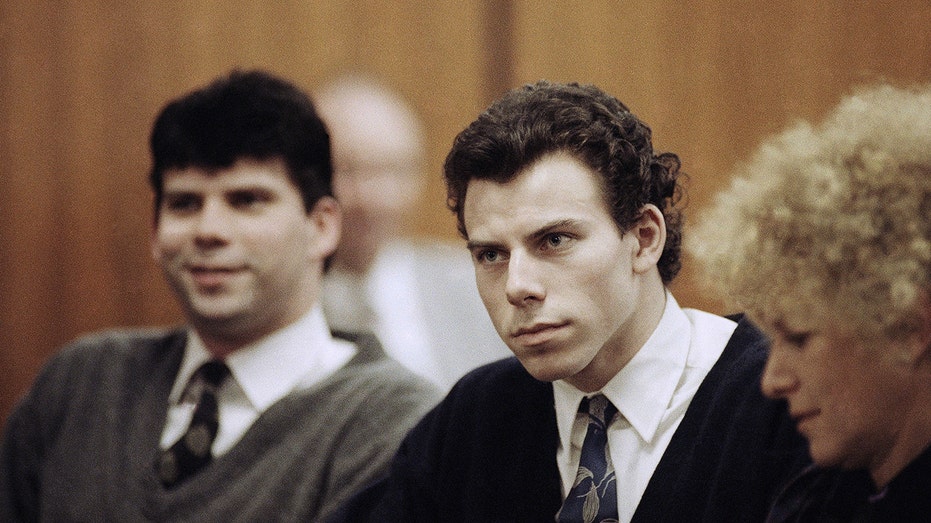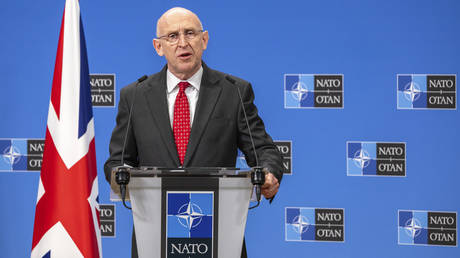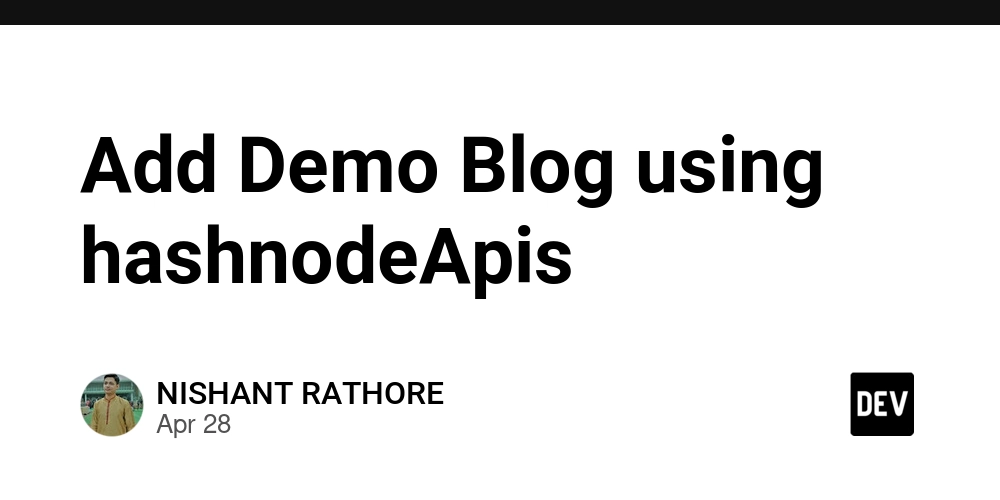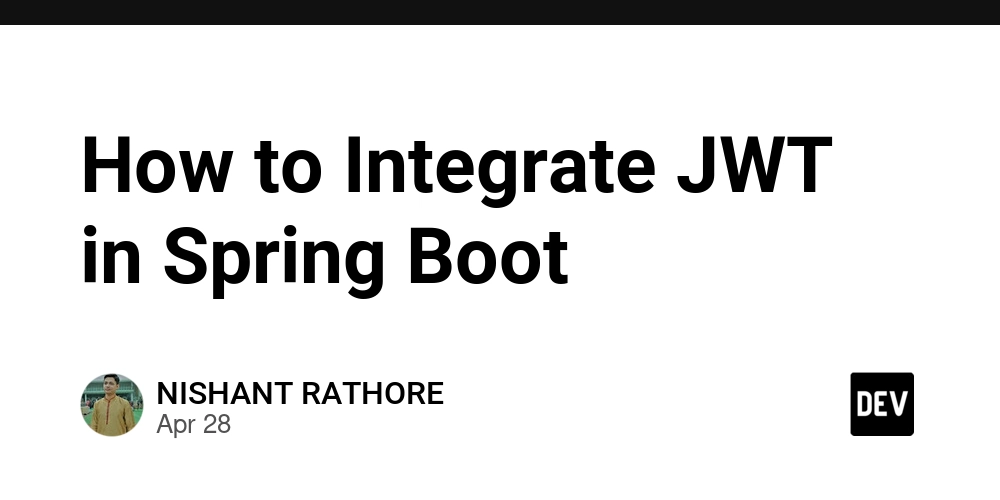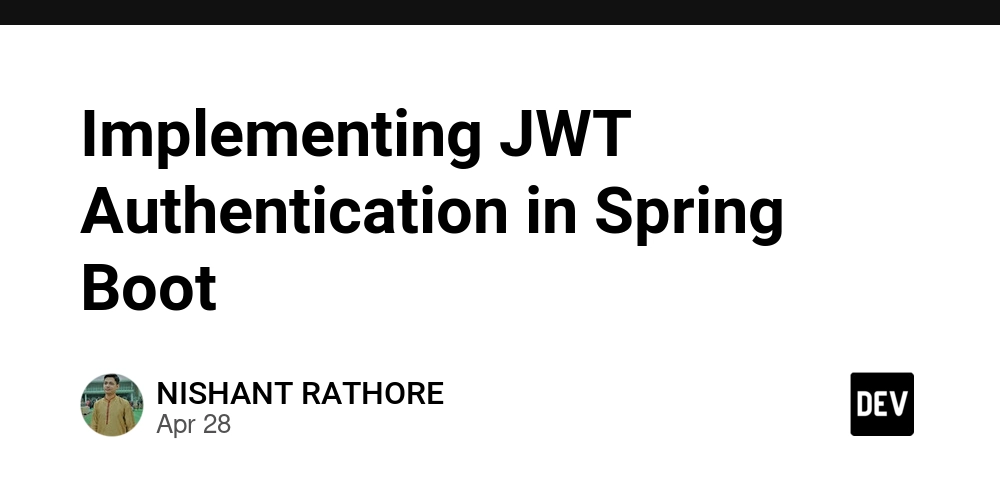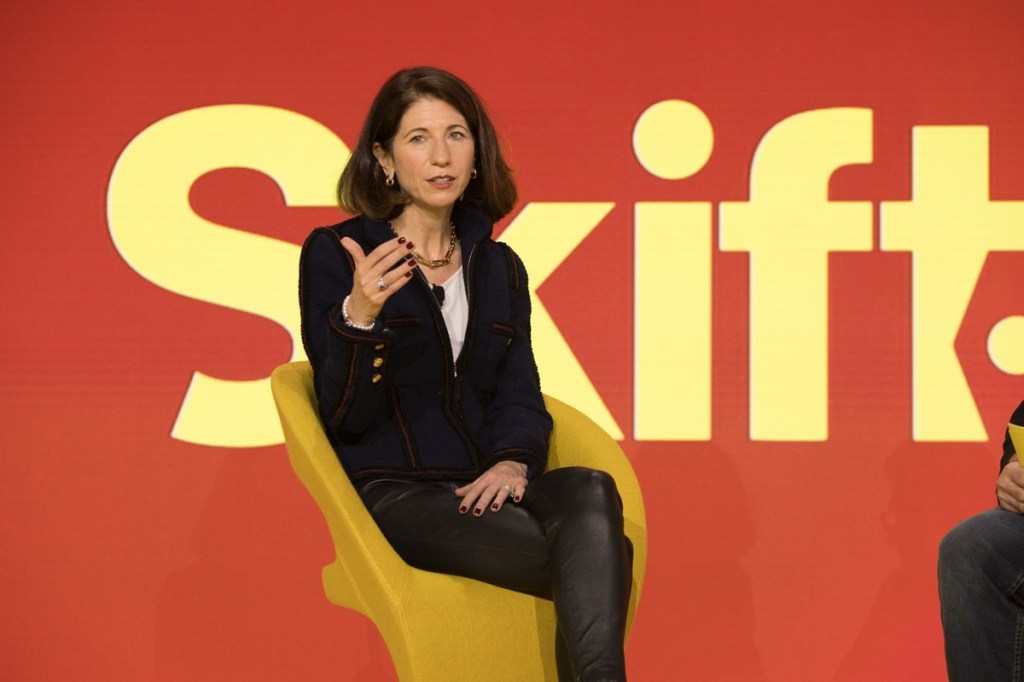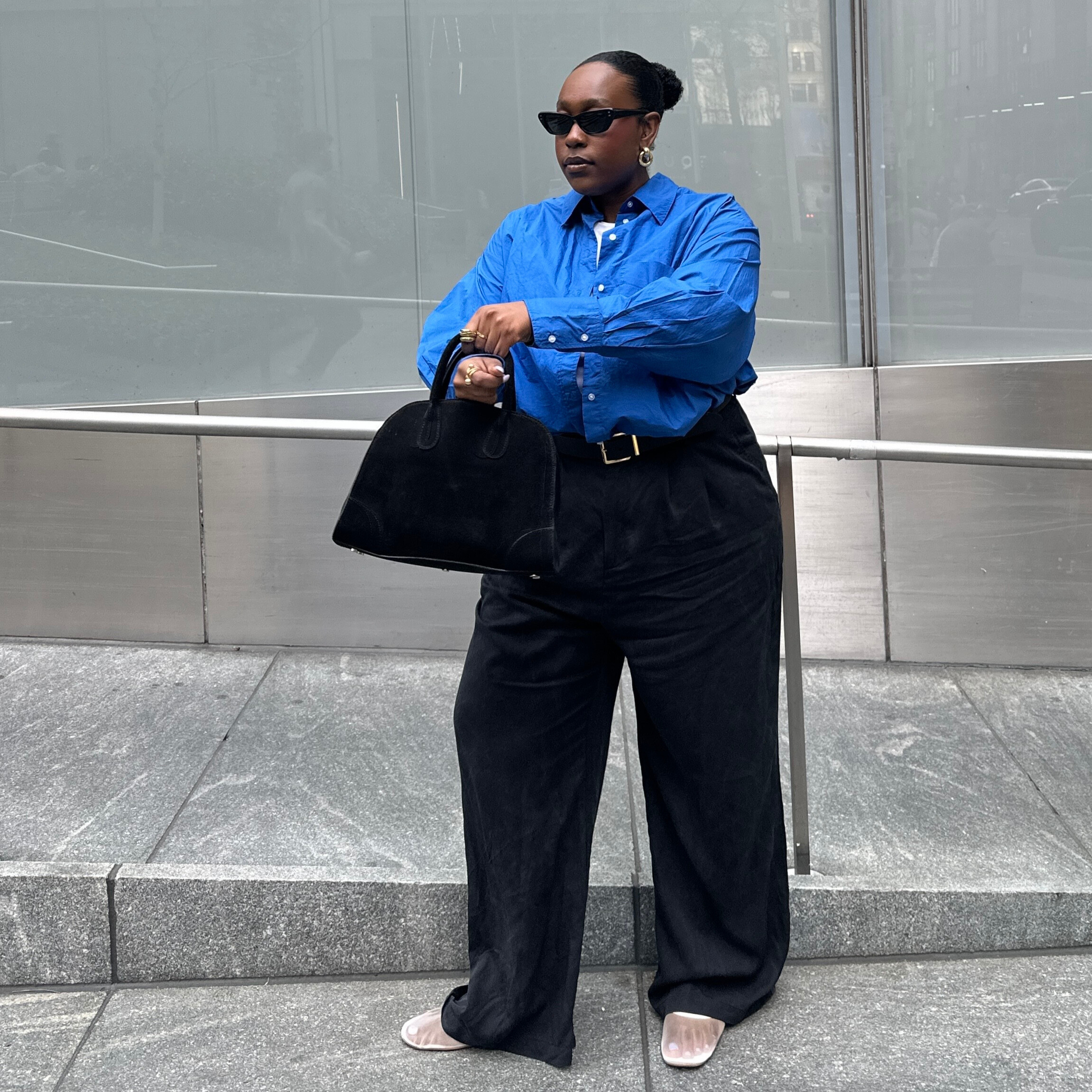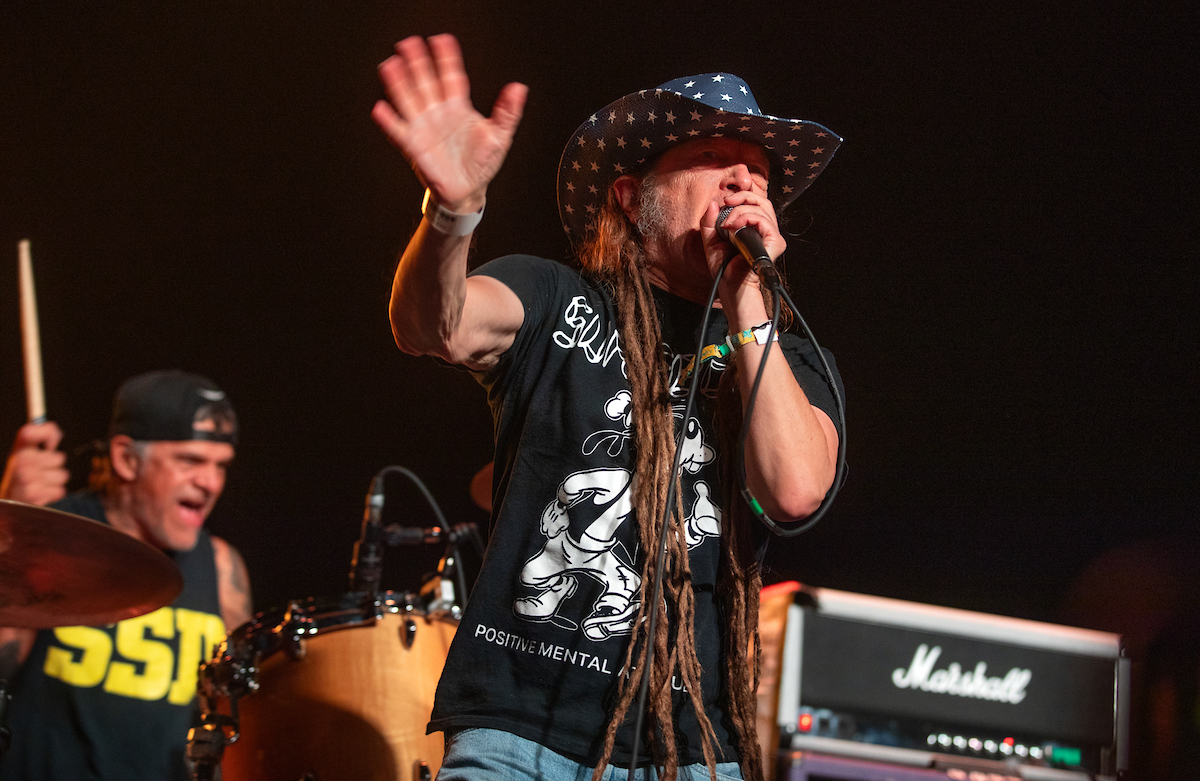House Freedom Caucus members see group as launchpad for higher office
As the House Freedom Caucus has become a path to influence in the Trump era, several members of the hard-line conservative group are hoping that can catapult them to higher office. Reps. Andy Biggs (R-Ariz.) and Byron Donalds (R-Fla.) have launched bids for governor in their respective home states, while Rep. Ralph Norman (R-S.C.) is...

As the House Freedom Caucus has become a path to influence in the Trump era, several members of the hard-line conservative group are hoping that can catapult them to higher office.
Reps. Andy Biggs (R-Ariz.) and Byron Donalds (R-Fla.) have launched bids for governor in their respective home states, while Rep. Ralph Norman (R-S.C.) is considering a gubernatorial bid of his own.
“I've always believed that HFC’s been perfectly … aligned up, if not perfectly, closely aligned with the Republican Party platform,” Biggs told The Hill, a sentiment he said he believed the majority of Americans agreed with.
“I think it's conducive to statewide candidacies, and so I think you're seeing some now ... and I think you'll consistently see it in the future as well,” he added.
In the era of confrontational, hard-line politics espoused by both the Freedom Caucus and President Trump, the group’s name brand and network of influence can be a major boost to candidates.
Biggs saw that influence come to fruition last week when Trump — who had preemptively offered his support to developer Karrin Taylor Robson in December before she had even launched a campaign — decided to make a dual endorsement for the two. His fellow Freedom Caucus colleagues celebrated the endorsement: “Go Biggs or go home,” Rep. Eli Crane (R-Ariz.) posted.
Donalds, for his part, had the backing of Trump before officially launching his campaign for governor, with the president encouraging him to run. The Floridian was one of the most active surrogates for Trump in the 2024 campaign.
It’s not a new playbook for Trump: He endorsed then-Freedom Caucus member and now-Gov. Ron DeSantis (R) before he jumped into the Florida race in 2017, a move Trump says makes him responsible for DeSantis’s success.
Norman has not yet officially jumped into what is shaping up to be a crowded Republican gubernatorial primary in South Carolina, but he told The Hill: “I think it’s something I want to do.”
The Freedom Caucus’s prominence in Trump circles, Norman said, comes from a shared ethos that voters “want somebody that’s not going to waver” on conservative principles.
Unlike Biggs and Donalds, Norman has a more complicated history with Trump that means his Freedom Caucus ties might not secure him a full-throated endorsement. He backed his friend and fellow South Carolinian Nikki Haley in the Republican presidential primary last cycle. Norman said Trump is most likely to endorse Lt. Gov. Pamela Abbott in the GOP primary.
But, Norman noted, “I came on board as soon as [Trump] won, and my record shows I'm with him.” And the broader Freedom Caucus network, Norman said, creates a base of political support that he can easily join.
In Louisiana, John Fleming, a founding member of the Freedom Caucus who now serves as state treasurer, is looking to unseat Sen. Bill Cassidy (R) next year.
“When I ran for treasurer, and now that I'm running for the Senate, people are very, very impressed with the fact that not only was I a member of the House Freedom Caucus, but I was one of the founders. Because, at least in Louisiana, people have a very high regard for the House Freedom Caucus,” Fleming said.
The Freedom Caucus was once a thorn in the side of Trump early in his first term, when members opposed an ObamaCare replacement bill the president pushed for. But the antiestablishment group soon formed an alliance with the disruptive president, with members and aides with ties to the conservative bloc playing influential roles between both of Trump’s terms.
Former Freedom Caucus members Mark Meadows and Mick Mulvaney both served as chiefs of staff to Trump during his first term, while Fleming served as a top official within several agencies in addition to being deputy chief of staff to Trump. Meanwhile, former HFC member Dan Bishop, and James Braid, who once served as the caucus’s policy director, hold top roles in the second Trump administration.
The campaigns show how the conservative bloc has evolved and gained influence between Trump’s two terms.
Biggs, a former chair of the Freedom Caucus, noted the conservative hard-liners have long been loyal defenders of the president even if the two sides weren’t necessarily seeing eye-to-eye in the beginning.
“People like myself who ended up serving on multiple committees that dealt with, for instance, impeachment or the Mueller investigation — those types of things — those committees actually ... whether they were Oversight, whether they were Judiciary, they were filled with HFC members," he noted. "And so I think that the president came to understand that … HFC’s a good thing."
Freedom Caucus members have also previously found success seeking statewide office.
Three of its founding members — DeSantis, Fleming and Raúl Labrador — have won statewide office. DeSantis won two terms as Florida governor, Fleming is Louisiana treasurer and Labrador is Idaho’s attorney general. North Carolina's Ted Budd, meanwhile, made the leap from the House to the Senate in 2022.
What’s notable this time around is that several of its members could be poised to grow their clout in several more states.
Of course, simply being a member of the Freedom Caucus doesn’t guarantee a Trump endorsement or broader support in a GOP primary. Former Rep. Matt Salmon (R-Ariz.), one of the group’s founding members, ran for Arizona governor in 2022. Trump backed Kari Lake in the GOP contest that cycle; Salmon later dropped out of the primary and backed Taylor Robson.
Salmon noted that despite his conservative track record, other groups didn’t endorse him.
“Your actual voting record and what you’ve done doesn’t really mean beans. It’s all about who Trump likes,” Salmon said, though not all alumni agree. Fleming suggested “people care much more about my position, my stance, and what I think about Trump, than they do what Trump thinks about me.”
Salmon, too, is among some of the Freedom Caucus alumni not entirely enamored with the direction of the group. He said the conservative bloc has transformed into “Trump's loudest cheering section,” even if it goes against their own founding principles.
That transformation was on display in March, when members voted for the continuing resolution House GOP leadership crafted last month to fund the government — the first time some conservative hard-liners had ever voted for such a stopgap measure. Members argued that despite previous calls for regular funding measures, this stopgap would allow Trump and the Department of Government Efficiency (DOGE) to continue government-slashing activities.
Asked if there was a risk that crossing Trump legislatively could hinder an endorsement from the president or success more broadly in a statewide bid, Biggs replied, “I don’t know that it does necessarily,” adding it’s about transparency in discussing disagreements with him early and building trust with Trump.
Biggs, too, noted there’s no group like the Freedom Caucus, whose involvement he credits with improving the Senate budget blueprint for Republicans’ reconciliation package and the continuing resolution passed last month.
“I think the most fiscally hawkish group that remains in Congress is HFC,” Biggs said.
“We have moved the conference to the right on fiscal issues. Is it good? No. Is it where it should be? No. But it is better than it would be otherwise,” he added.
